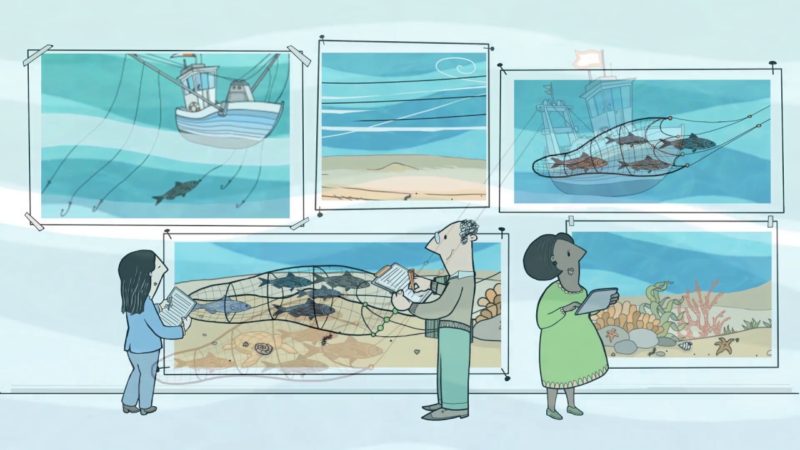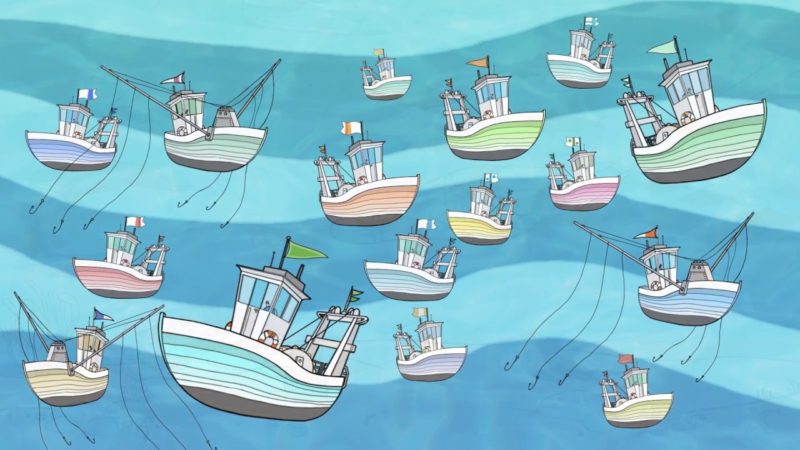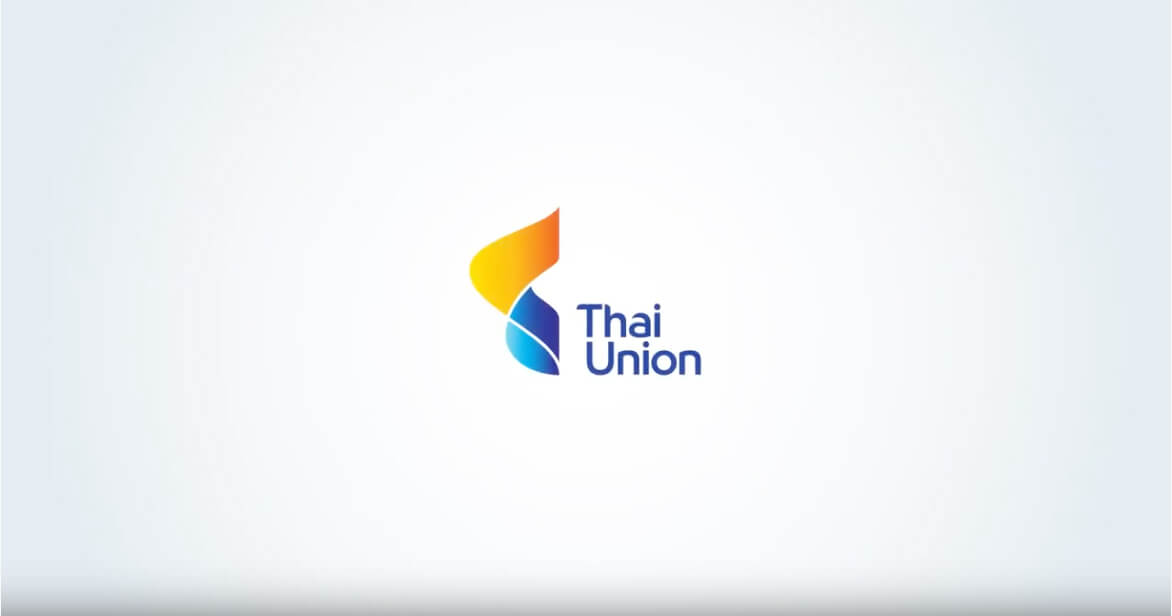This website uses cookies so that we can provide you with the best user experience possible. Cookie information is stored in your browser and performs functions such as recognising you when you return to our website and helping our team to understand which sections of the website you find most interesting and useful.
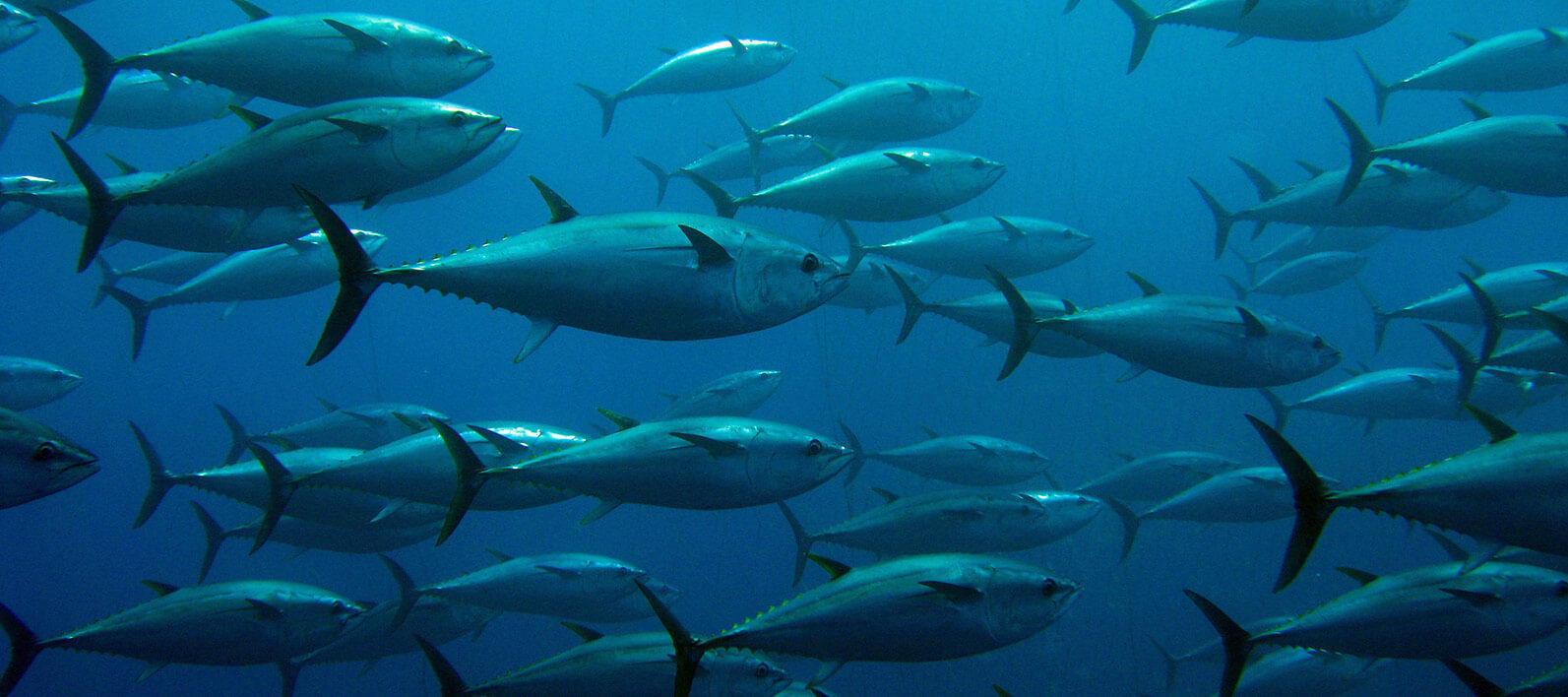
Home » Sustainability »
Traceability is key
Traceability is the key to improving the transparency and operational practices of the entire seafood industry. It allows us to monitor the operations, actions and labour conditions of our suppliers. With traceability in place we can track every product – from catch to consumption and are committed to souring responsibly so that the seas are sustainable now and for future generations – which is the global commitment made by our parent company Thai Union.
To find out more about where all our wild caught seafood comes from, you can read the Thai Union Sourcing Transparency report for Europe.
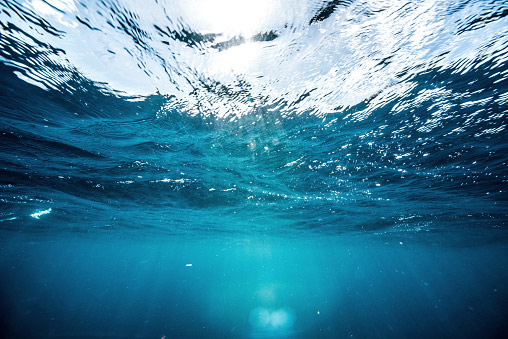
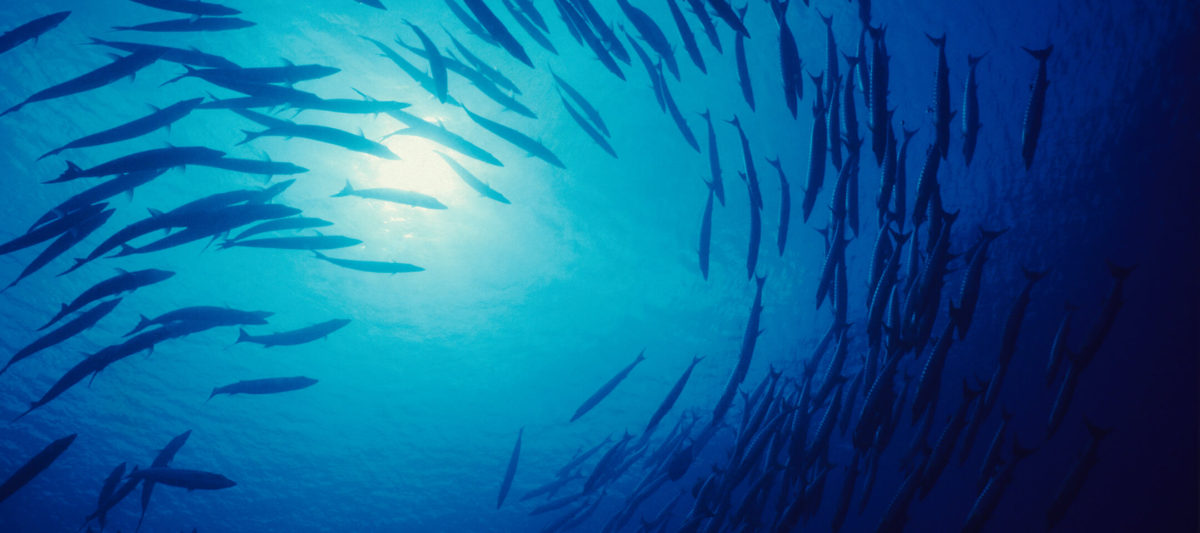
Our tuna commitment
Our Parent Company, Thai Union have made a global tuna commitment that all branded tuna will be responsibly sourced from fisheries that are either Marine Stewardship Council (MSC) certified or engaged in Fishery Improvement Projects (FIPs) to move them towards MSC certification. The aim is to achieve a minimum of 75 percent by the end of 2020.
As a brand, John West will contribute towards achieving our company global goals – we have been named the winner of the MSC UK Canned Brand of the Year every year since 2017.
Please see below to find what MSC and FIPs are, or visit the SeaChange website to find out more on our parent company’s global tuna commitment.
What is the MSC?
MSC stands for the Marine Stewardship Council. They are the world’s leading certification and ecolabelling programme for environmental sustainability of wild caught seafood. Their iconic blue logo identifies all seafood products that come from well-managed, fully traceable, sustainable fisheries. Before any seafood product can carry the MSC ecolabel it must first adhere to three core principles. These include:
WHAT IS A FIP?
When a fishery decides to move toward MSC certification, it may be aware that improvements need to be made before it can achieve the standard. In this situation, the fishery can enter into a FIP, where key stakeholders (such as fishing companies, Governments, fishery managers) in the fishery commit to improve their practices to ensure fish stocks are sustainable, environmental impacts are minimised, and that the fishery is effectively managed.
To find out more about what FIPs are please see here
Our other commitments
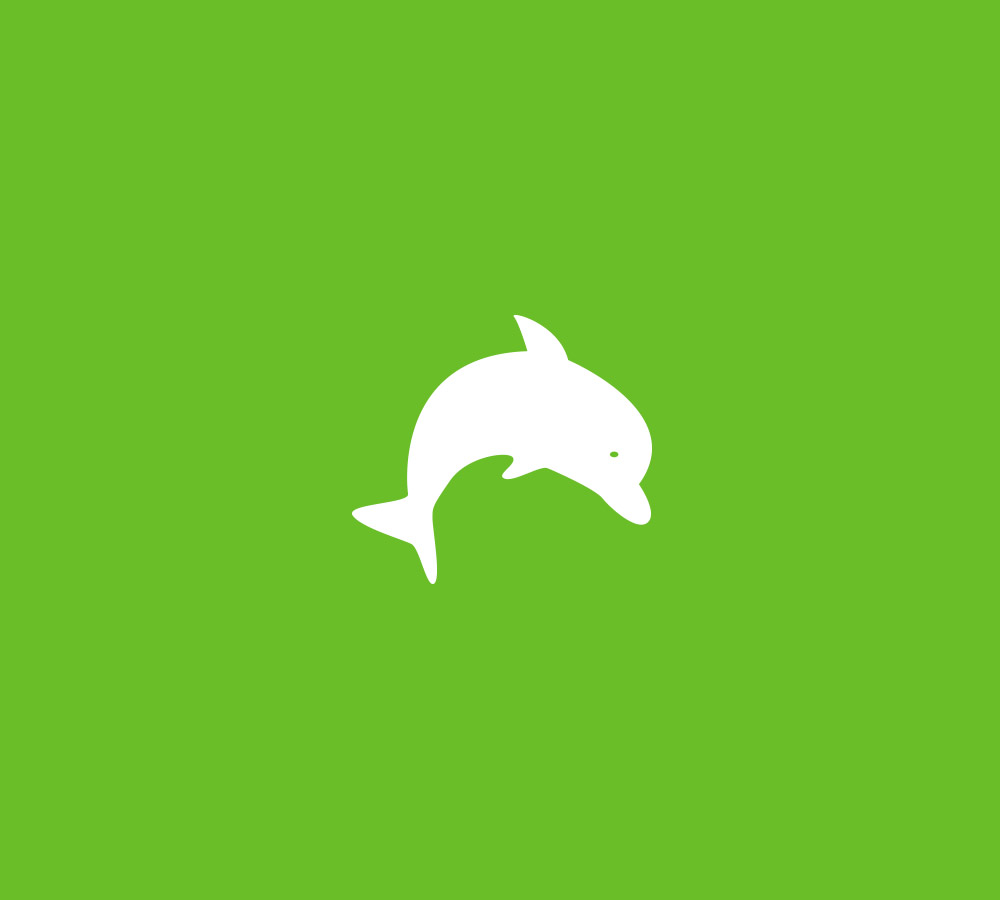
DOLPHIN SAFE
John West have been awarded the ‘Dolphin Safe’ certification by the Earth Island Institute (EII), an internationally recognised NGO that has established the world’s largest private environmental monitoring programme aimed at protecting and preserving dolphins. John West is recognised as ‘Dolphin Safe’ by the EII.
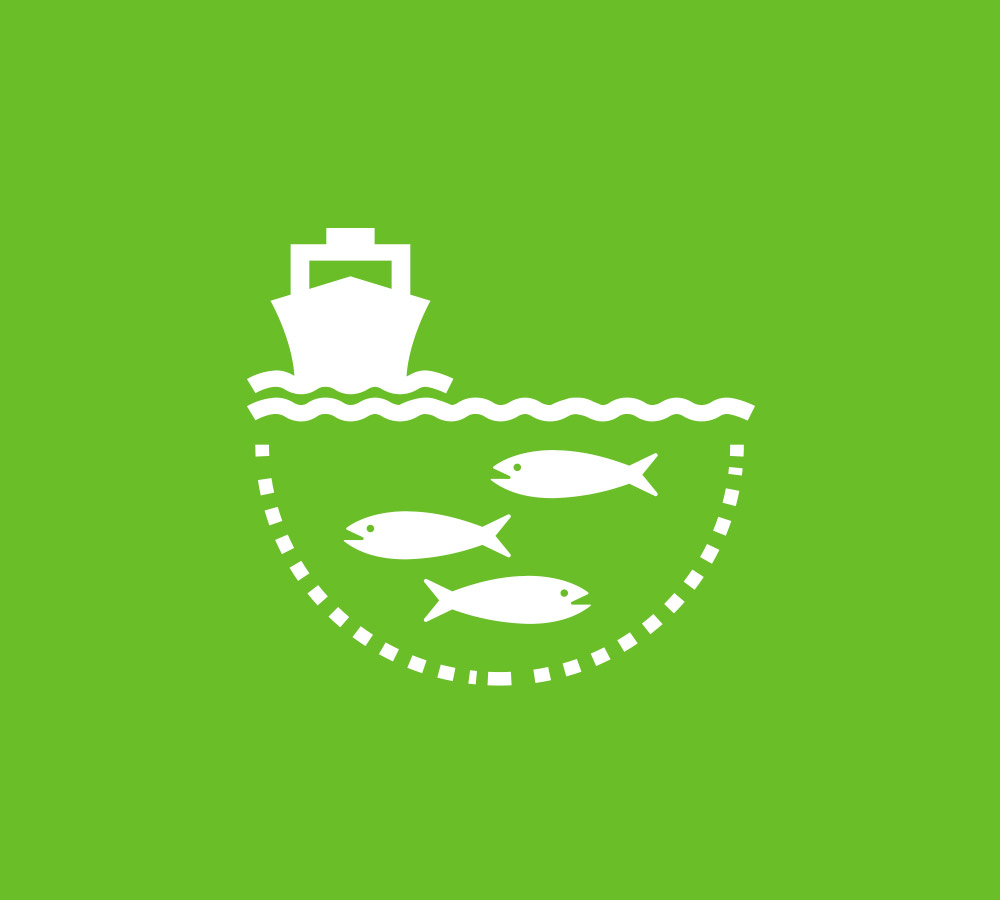
INTERNATIONAL SEAFOOD
SUSTAINABILITY FOUNDATION – ISSF
Thai Union is a founding member of the ISSF and strongly support its initiatives. ISSF’s mission is to support and facilitate science-based initiatives for the long terms conservation and sustainable use of global tuna stocks. Any large scale purse seine fishing vessel that Thai Union source from has to be listed on the ISSF’s Proactive Vessel Register (PVR). The PVR enables tuna vessel owners to identify themselves as active participants in meaningful sustainability efforts, such as implementing specific best practices.
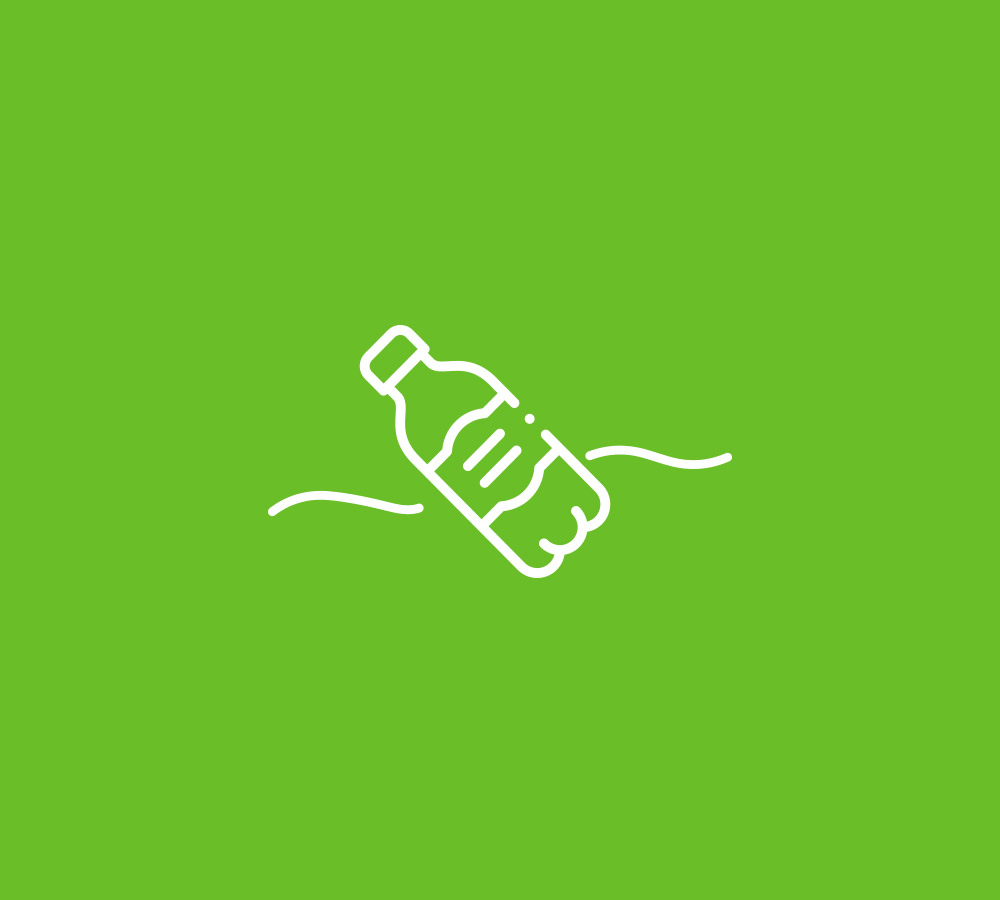
Ocean Plastics & Marine Debris
John West and its parent company Thai Union has been committed to working with communities to help combat marine ocean pollution for a number of years. In 2018, Thai Union has become a member of the Global Ghost Gear Initiative and is working on a program to tackle marine plastic. To find out more about Thai Unions commitment to combatting marine ocean pollution please click here.

